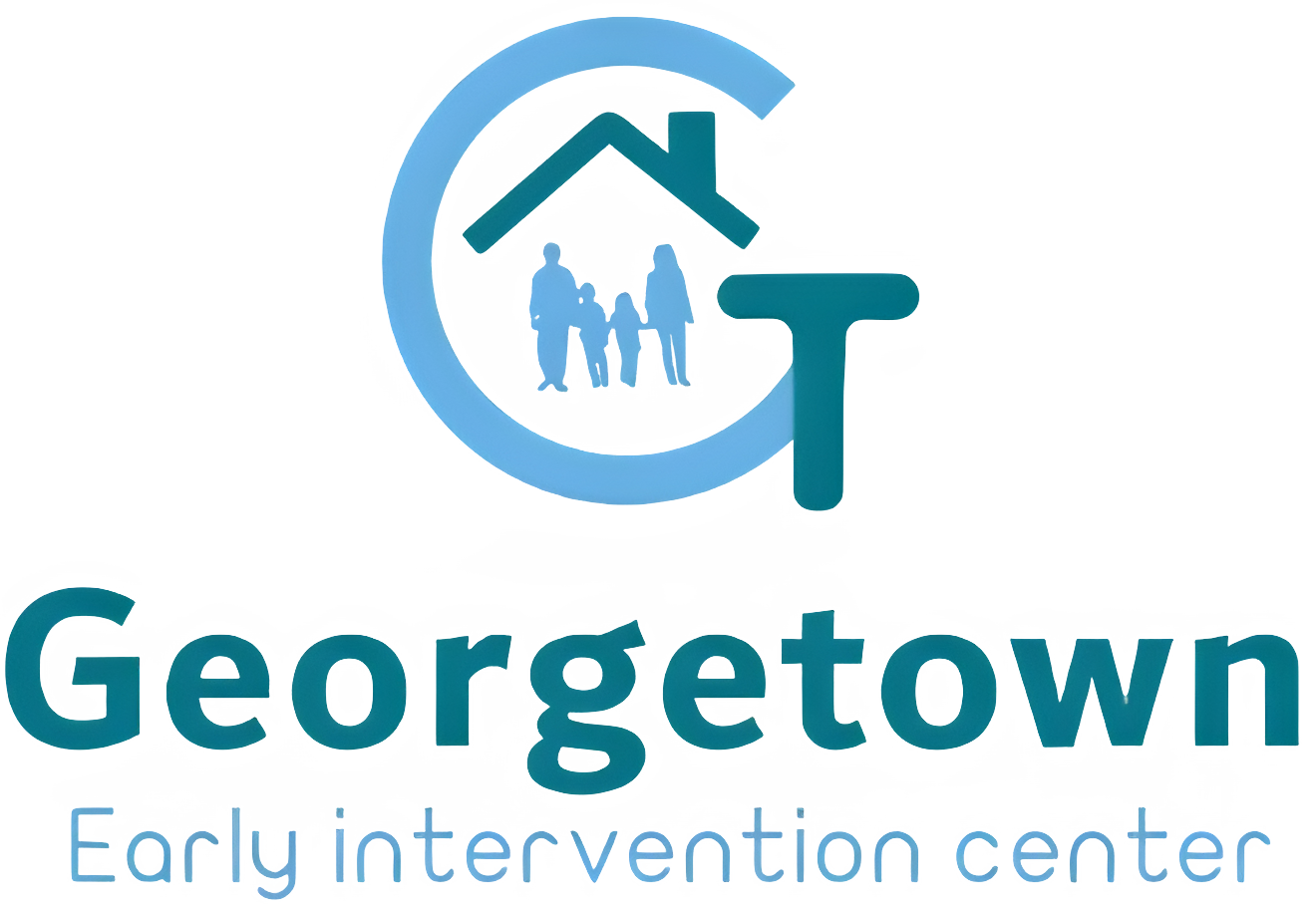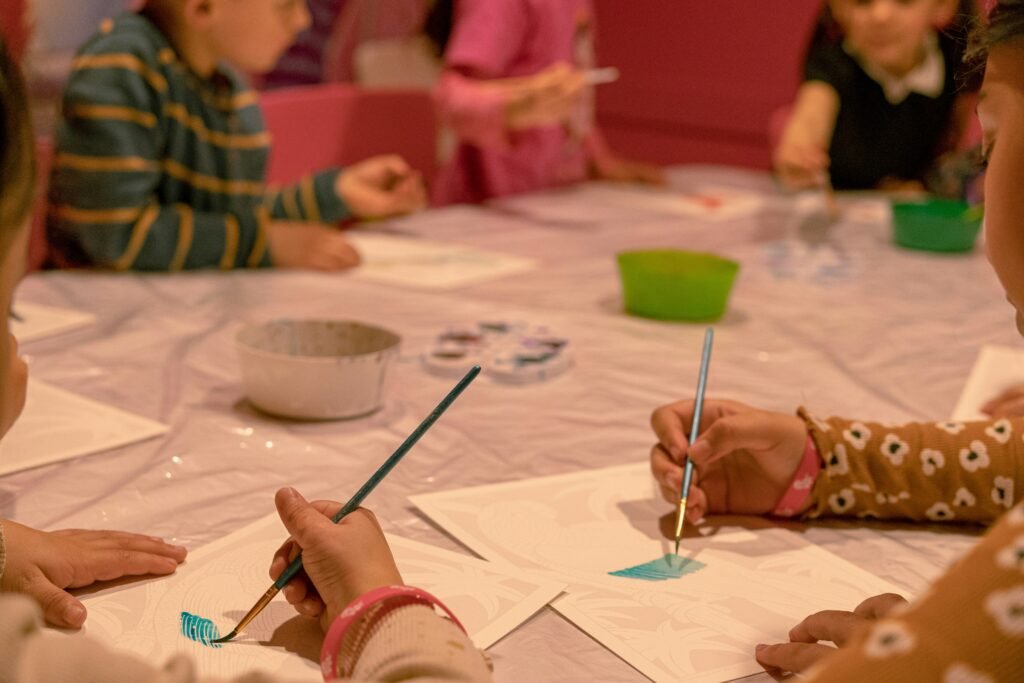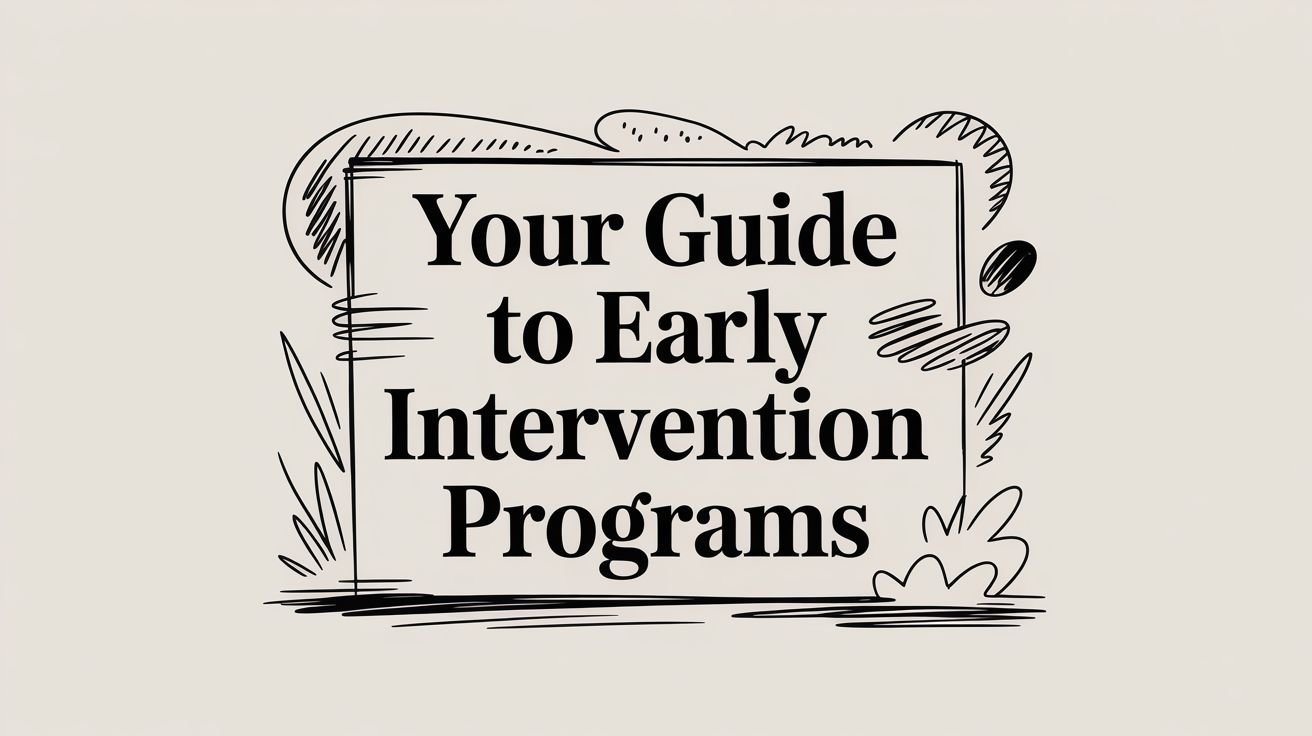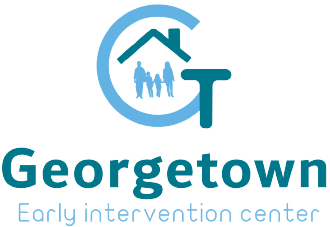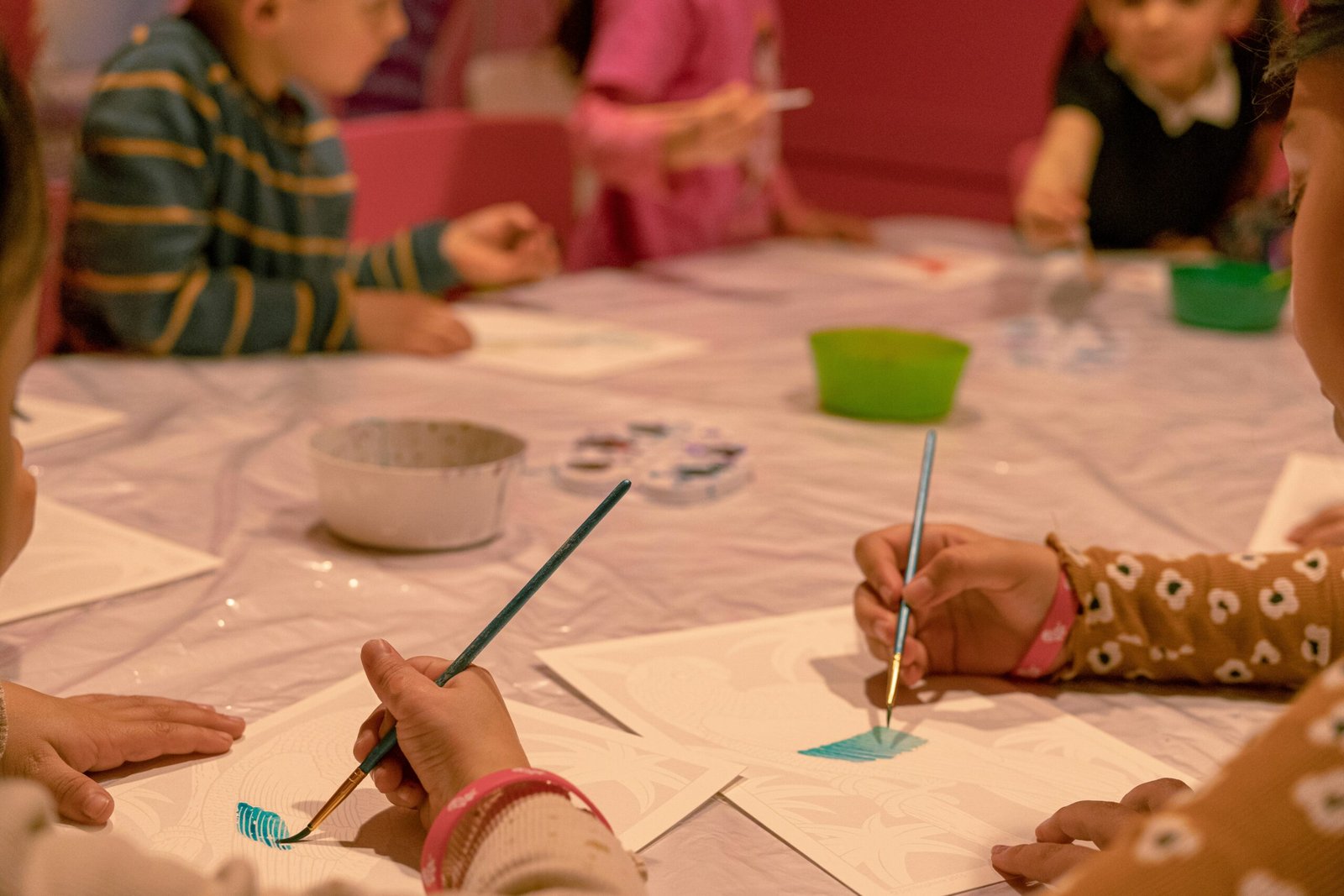
Introduction to Speech Therapy for Children
Speech therapy for children is a specialized field focused on the assessment and treatment of communication disorders, which can affect speech, language, and social aspects of communication. Particularly for children, effective communication is crucial as it not only facilitates interaction but also supports their social and cognitive development. Within the context of Dubai and Abu Dhabi, where diverse cultures and languages converge, the need for tailored speech therapy becomes even more significant, ensuring that children can thrive in a multilingual environment.
The primary purpose of speech therapy is to enhance a child’s communication abilities. This may involve addressing issues such as articulation, fluency, language comprehension, and social communication skills. Early intervention is essential, as it can lead to remarkable improvements in a child’s ability to express themselves, understand others, and develop friendships. The initial years of a child’s life are critical for language development, and delays or disorders in this area can lead to challenges in academic performance and social interactions later on.
Through various techniques and personalized programs, speech therapists conduct assessments to understand each child’s unique needs and challenges. These therapists employ a variety of strategies, which may include interactive games, storytelling, visual aids, and even technology-assisted tools, to make learning engaging and effective. By collaborating with families, educators, and healthcare providers, speech therapy ensures a comprehensive approach that supports a child’s overall development.
In conclusion, understanding the role of speech therapy in enhancing communication skills is vital for parents and caregivers. By recognizing its importance and the benefits of early intervention, families can empower their children to build strong communication foundations that are essential for their future social and academic success.
Common Speech and Language Challenges in Children
Children in Dubai and Abu Dhabi often encounter various speech and language challenges that can impede their social and educational progress. One prevalent issue is articulation disorders, where children have difficulty pronouncing specific sounds correctly. These difficulties can lead to misunderstandings and a lack of confidence in communication, which may result in social withdrawal or academic struggles.
Another significant challenge is language delays. Some children may have developed speech and language skills at a slower pace than their peers, which can affect their ability to express their thoughts and understand instructions effectively. Language delays may stem from various factors, including environmental influences, developmental conditions, or a lack of early language exposure. Early identification and intervention through speech therapy can play a crucial role in addressing these delays and promoting better communication skills.
Stuttering is also a common concern among children in these regions, characterized by disruptions in the flow of speech. This challenge can be particularly frustrating, as it may lead to anxiety or embarrassment when speaking in social situations. Children who stutter might avoid speaking altogether, which can hinder their peer interactions and overall ability to participate in classroom activities.
Furthermore, social communication issues impact children’s ability to engage effectively with their peers. These difficulties may manifest as trouble understanding social cues, maintaining conversations, or responding appropriately in various contexts. Such challenges can contribute to feelings of isolation and negatively affect a child’s self-esteem and social skills.
Recognizing and addressing these speech and language challenges is vital, as they can significantly influence a child’s holistic development. Early intervention through speech therapy can provide the support needed to help children navigate these difficulties, fostering their ability to communicate effectively and confidently.
Benefits of Speech Therapy for Children
Speech therapy provides numerous advantages that extend far beyond mere verbal communication. For children facing challenges with speech and language, engaging with a licensed speech-language pathologist can facilitate significant improvements in various aspects of their lives. One of the most notable benefits is the enhancement of communication skills. Children learn to articulate their thoughts and feelings more clearly, allowing them to express themselves effectively and reducing frustration that often accompanies speech difficulties.
Moreover, improved communication markedly enhances social interactions. Children who master language articulation are better equipped to engage in conversations, fostering friendships and building social ties. These social skills are paramount in the developmental stages, where forming connections with peers can contribute positively to one’s emotional well-being and self-esteem. A child proficient in communication is more likely to navigate social situations with confidence, participating in group activities and making lasting friendships.
Increased self-confidence is another crucial benefit of speech therapy. Children often experience withdrawal and insecurity due to their speech challenges. As they progress through therapy, they gain a sense of achievement and assurance in their abilities. This newfound self-confidence translates to other realms, including academic performance. Effective communication is fundamental to academic success; children who can articulate their thoughts perform better in school, demonstrating their knowledge and engaging with educators and classmates more fully.
Ultimately, the benefits of speech therapy ripple through a child’s life, impacting their ability to form relationships and participate in everyday activities. Through tailored therapy sessions, children not only overcome communication barriers but also enjoy an enhanced quality of life, allowing them to thrive both socially and academically.
Effective Techniques Used in Speech Therapy
Speech therapy employs a variety of techniques tailored to meet the individual needs of children facing speech and language challenges. One of the most engaging approaches is play-based therapy, which utilizes games and playful activities to enhance communication skills. This method not only captures the child’s attention but also creates a low-pressure environment where they can freely express themselves. By incorporating elements of fun, therapists can effectively promote language development while ensuring that the child remains motivated and engaged throughout the session.
Articulation exercises are another common technique used in speech therapy. These exercises focus on improving the clarity of a child’s speech by helping them learn to pronounce specific sounds correctly. Therapists may use repetitive drills, visual aids, and feedback to refine a child’s articulation skills. Consistent practice leads to noticeable improvements in speech clarity, providing children the confidence to communicate more effectively.
In addition to play-based interventions and articulation drills, language games are employed to enhance vocabulary and comprehension. Games that focus on story retelling or vocabulary building allow children to explore language in an interactive manner. These activities encourage not only verbal expression but also listening skills, crucial for effective communication. Moreover, incorporating technology into speech therapy sessions has become increasingly popular. Tools such as speech applications and online resources provide additional opportunities for practice outside therapy sessions, making it easier for children to reinforce what they learn. These digital platforms often include interactive features that are appealing to younger audiences, fostering a sense of autonomy in their learning.
By integrating these diverse techniques—play-based therapy, articulation exercises, language games, and technology—speech therapists can create a comprehensive, engaging, and effective treatment plan. This holistic approach ensures that children in Dubai and Abu Dhabi gain the necessary skills to overcome their speech and language challenges, ultimately unlocking their full communicative potential.
Transformations Through Speech Therapy
In Dubai and Abu Dhabi, numerous children have experienced significant transformations through speech therapy, showcasing the profound impact it can have on their lives. One such story involves a six-year-old boy named Omar, who initially struggled with expressive language skills. His parents noticed that he hesitated to speak and often reverted to using gestures instead of words. With the intervention of a skilled speech therapist, Omar engaged in tailored therapy sessions that focused on vocabulary expansion, articulation, and social communication skills. Over time, his ability to express himself improved remarkably, allowing him to communicate effectively with peers and teachers alike.
Finding the Right Speech Therapist
When seeking a qualified speech therapist for your child in Dubai or Abu Dhabi, it is crucial to consider several key factors that ensure effective communication support tailored to your child’s specific needs. The first step is to gather recommendations from pediatricians, teachers, or local support groups. They can often provide valuable insights into experienced professionals in the region. Online platforms and local directories specializing in healthcare services can also be beneficial in identifying potential speech therapists.
Once you have a list of candidates, it is essential to evaluate their credentials and experience. Verify that the therapist holds the necessary qualifications, such as a degree in speech-language pathology, and is licensed to practice in the UAE. Additionally, experience working with children who have similar communication challenges can significantly enhance the effectiveness of therapy. Inquire about their specialization; some therapists focus on specific areas such as language delays, articulation disorders, or social communication skills.
Beyond credentials, evaluating the therapist’s approach to therapy is important. Many parents find it beneficial to schedule an initial consultation or observation session where they can assess the therapist’s interaction style with their child. A good speech therapist should foster a supportive and engaging environment tailored to children’s unique needs, making the therapy sessions enjoyable and motivating. Look for professionals who practice evidence-based techniques and continuously update their knowledge to align with the latest research and methodologies in speech therapy.
Resources such as online reviews and professional associations can aid in further vetting potential therapists. Websites like the American Speech-Language-Hearing Association (ASHA) offer directories to verify qualifications and find certified professionals. Consider also requesting testimonials from other parents to gauge satisfaction and outcomes. The right speech therapist can significantly impact your child’s communication development, making it essential to invest time in finding the most suitable match.
The Role of Parents in the Speech Therapy Process
Parents serve as a crucial pillar in their child’s speech therapy journey, particularly within the vibrant regions of Dubai and Abu Dhabi. Their involvement not only enhances the effectiveness of therapy sessions but also creates a supportive environment in which children can thrive. One of the primary roles parents can take on is to maintain open lines of communication with speech therapists. Regular discussions regarding therapy goals and techniques can ensure that parents remain informed and involved. This consistency helps reinforce skills practiced during therapy at home.
Encouraging practice at home is essential for fostering communication skills. Parents can implement simple, everyday activities that promote speech development. For example, engaging in play-based learning, reading books together, and practicing new words in context allows children to utilize their skills in a low-pressure setting. Moreover, creating opportunities for social interactions with peers encourages children to apply their speech skills naturally, facilitating gradual improvement.
Fostering a positive environment is also vital. Parents should ensure that communication is encouraged without pressure or fear of mistakes. Celebrating small achievements and showing enthusiasm can motivate children to express themselves more freely, helping to reduce any anxiety they may feel about speaking. This positive reinforcement can significantly boost a child’s confidence, leading to more significant strides in therapy.
Collaboration between parents and therapists is key to optimizing the speech therapy process. By working together towards shared goals, parents can effectively integrate therapeutic strategies into their child’s daily life. This partnership enables children to develop their communication skills with greater ease and consistency, ultimately laying a strong foundation for their future interactions. Active parental involvement is instrumental in ensuring that children gain the most from their speech therapy experiences.
Overcoming Barriers to Accessing Speech Therapy
Understanding the barriers that families in Dubai and Abu Dhabi encounter when seeking speech therapy services is essential for ensuring that all children receive necessary support. Financial constraints often rank among the most significant challenges, as many families may hesitate to pursue therapy due to high costs or a lack of insurance coverage that includes speech therapy as a benefit. This limitation can lead to delays in securing essential therapeutic interventions for children who need them. To alleviate this issue, many health authorities now offer subsidized programs or community health initiatives aiming to provide affordable access to speech therapy.
Another common barrier is lack of awareness regarding the importance and availability of speech therapy services. Families may not fully understand the role that speech therapists play in facilitating communication development or may underestimate the impact of speech and language disorders on their children. Educational campaigns conducted by healthcare providers and community organizations can serve as effective solutions. By distributing information through schools, pediatricians, and social media platforms, awareness can be significantly increased, leading to more informed decisions regarding children’s speech and language needs.
Furthermore, the availability of specialized resources and qualified speech therapists can also present a barrier. In certain areas of Dubai and Abu Dhabi, access to qualified professionals may be limited, driving families to search longer distances for support. To address this challenge, local governments and private organizations can consider initiatives to train more professionals in speech therapy and encourage them to practice in underserved communities. Collaborative efforts between educational institutions and healthcare providers can enhance resource availability, ensuring that no child is left without access to critical speech therapy services.
Conclusion
In conclusion, speech therapy plays a pivotal role in the development of communication skills among children, especially in vibrant metropolises like Dubai and Abu Dhabi. Throughout this blog post, we have explored the various benefits that speech therapy offers, including improved articulation, language comprehension, social skills, and overall confidence. These developmental milestones are crucial, as effective communication is foundational to a child’s success in both academic and social settings. Recognizing the signs that a child may need assistance with their speech and language skills can be an essential first step toward fostering their growth.
Moreover, the cultural diversity present in Dubai and Abu Dhabi highlights the importance of customized speech therapy programs that cater to the individual needs of each child. By employing qualified professionals who understand the unique linguistic contexts of these regions, parents can ensure that their children receive the most effective therapies. Furthermore, early intervention can make a significant difference, allowing children to overcome challenges in communication more efficiently and with greater success.
We encourage parents to remain proactive in seeking resources related to speech therapy. Whether through local clinics, online platforms, or community support groups, ample opportunities exist to gather information and guidance on how to best support a child’s communication journey. Taking the first step in engaging with specialists can help illuminate the path towards better communication skills and ultimately contribute to a brighter future for their child. As always, it is important to be attentive to the cues your child provides and seek assistance when necessary. Empower your child to express themselves and flourish in their everyday interactions.
